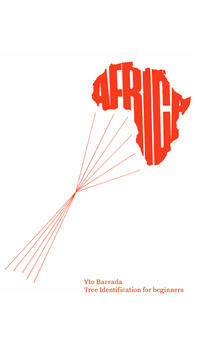
" Tree Identification for Beginners (2017) "
- Nominated for : The International Prize of Contemporary Art 2019
©Yto Barrada, courtesy Pace Gallery; Sfeir-Semler Gallery, Hamburg, Beirut; and Galerie Polaris, Paris
Photography by Dawn Blackman, courtesy Pace Gallery
©Yto Barrada, courtesy Pace Gallery; Sfeir-Semler Gallery, Hamburg, Beirut; and Galerie Polaris, Paris
Photography courtesy the artist
Tree Identification for Beginners by Yto Barrada is a complex film installation comprising a hand dyed and sewn curtain. When the artist premiered the work in New York, on the occasion of Performa 17, she performed the soundtrack live. In the turbulent summer of 1966, Yto Barrada’s mother, a 23-year-old Moroccan student, was one of 50 ‘Young African Leaders’ invited on a State Department–sponsored tour of the USA. Through play, poetry, and humor, the film Tree Identification for Beginners examines this stage-managed encounter between North America and Africa, and the nascent spirit of disobedience – the Pan-African, Tricontinental, Black Power, and anti-Vietnam war movements – which would come to define a generation.


